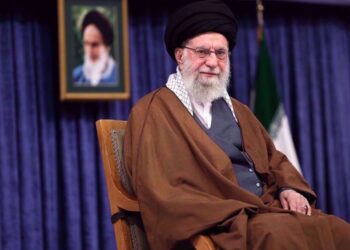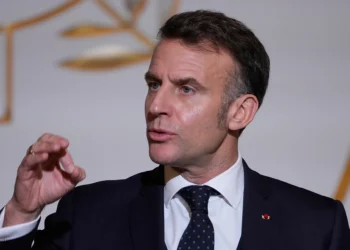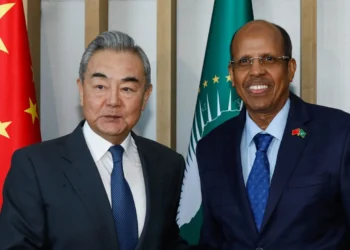LONDON (Realist English). Elon Musk’s speech at the “Unite the Kingdom” rally, organised this month by far-right activist Tommy Robinson, has drawn condemnation across the UK political spectrum. Downing Street criticised the Tesla chief’s “dangerous and inflammatory” remarks after he told supporters that “violence is coming” and urged them to “fight back or die.” Liberal Democrat leader Ed Davey called on parties to “put politics aside” to denounce Musk’s call for parliament’s dissolution. Business minister Peter Kyle, often seen as sympathetic to Silicon Valley, described the comments as “incomprehensible” and “totally inappropriate.”
Observers note that Musk’s statements are not isolated. His support for Brazil’s Jair Bolsonaro and Germany’s Alternative für Deutschland reflects a broader alignment between technology leaders and populist movements worldwide. Analysts argue that this convergence represents a structural challenge to the liberal-democratic order that dominated Western politics for decades.
Until recently, global elites relied on technocratic politicians — centrist, moderate, operating within the Davos consensus — to manage economies in line with market rules. That order, based on predictability and compromise, has been disrupted by a new class of tech figures such as Musk, Mark Zuckerberg and Sam Altman, whose ethos is built on disruption and disregard for existing structures.
Like nationalist-populist leaders including Donald Trump, Javier Milei and Nayib Bukele, technology magnates are characterised by rule-breaking, distrust of established institutions and a conviction that they can impose their vision of reality. Their influence has shifted politics online, where regulation is weak and the cost of disinformation is low, creating what some analysts call a “digital Somalia” — a lawless environment where traditional safeguards no longer apply.
This shift became more visible after Trump’s return to power. While earlier figures such as Google’s Eric Schmidt operated discreetly within political campaigns, today’s digital leaders openly challenge traditional elites. According to political analysts, their influence extends beyond policy to core elements of sovereignty, including control over currency and force.
Musk’s appearance with Argentine president Javier Milei at the Conservative Political Action Conference in February, brandishing a chainsaw, symbolised this new alliance of tech disruption and populist spectacle. As Milei remarked, “What is the difference between a madman and a genius? Success.” This reflects the shared belief that impact and speed matter more than rules or institutions.
Critics warn that this convergence could reshape global politics. In the United States, Democrats have long been dominated by legal professionals, while Republican presidents since 1980 have largely come from non-legal backgrounds. In Europe, technocrats still approach populist challenges as technical disputes rather than attempts to alter political regimes.
Musk’s futuristic rhetoric — invoking robots and artificial intelligence as harbingers of a new era — highlights the uneasy alliance between digital visionaries and nationalist leaders. Analysts caution that, while their visions differ, their common strategy is to dismantle traditional elites and their legal frameworks. If successful, the consequences could extend far beyond party politics, undermining liberal democracy itself.


















